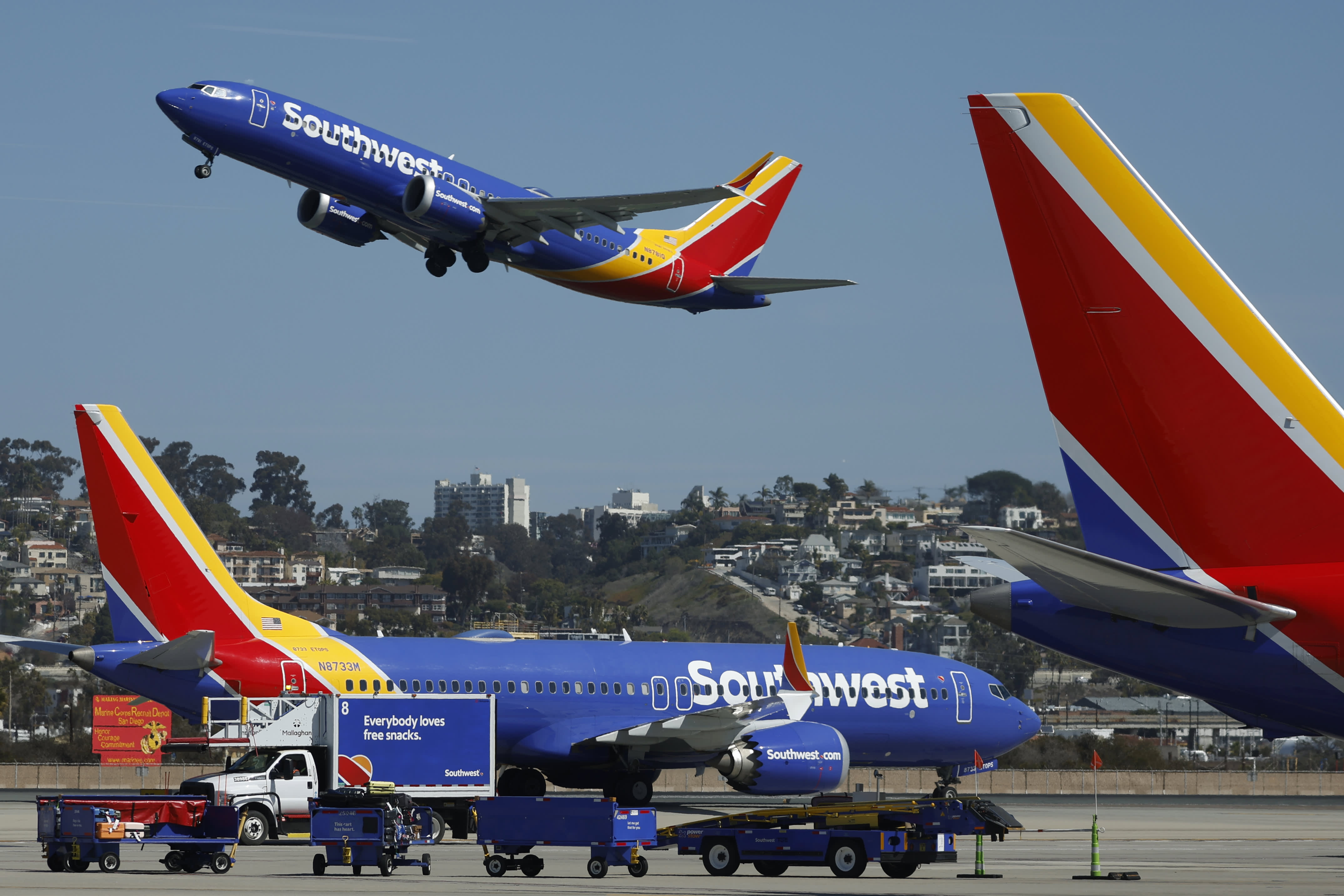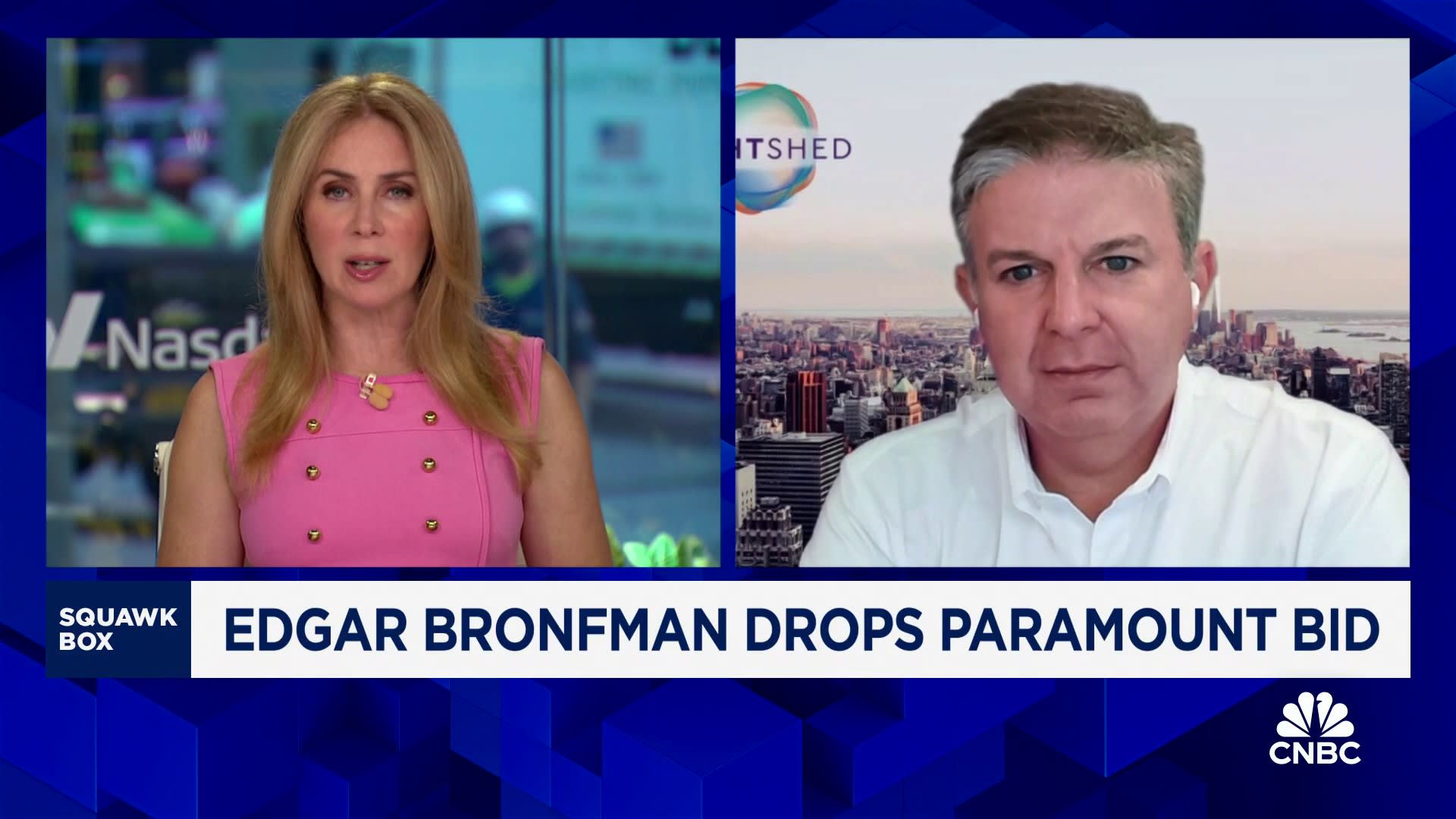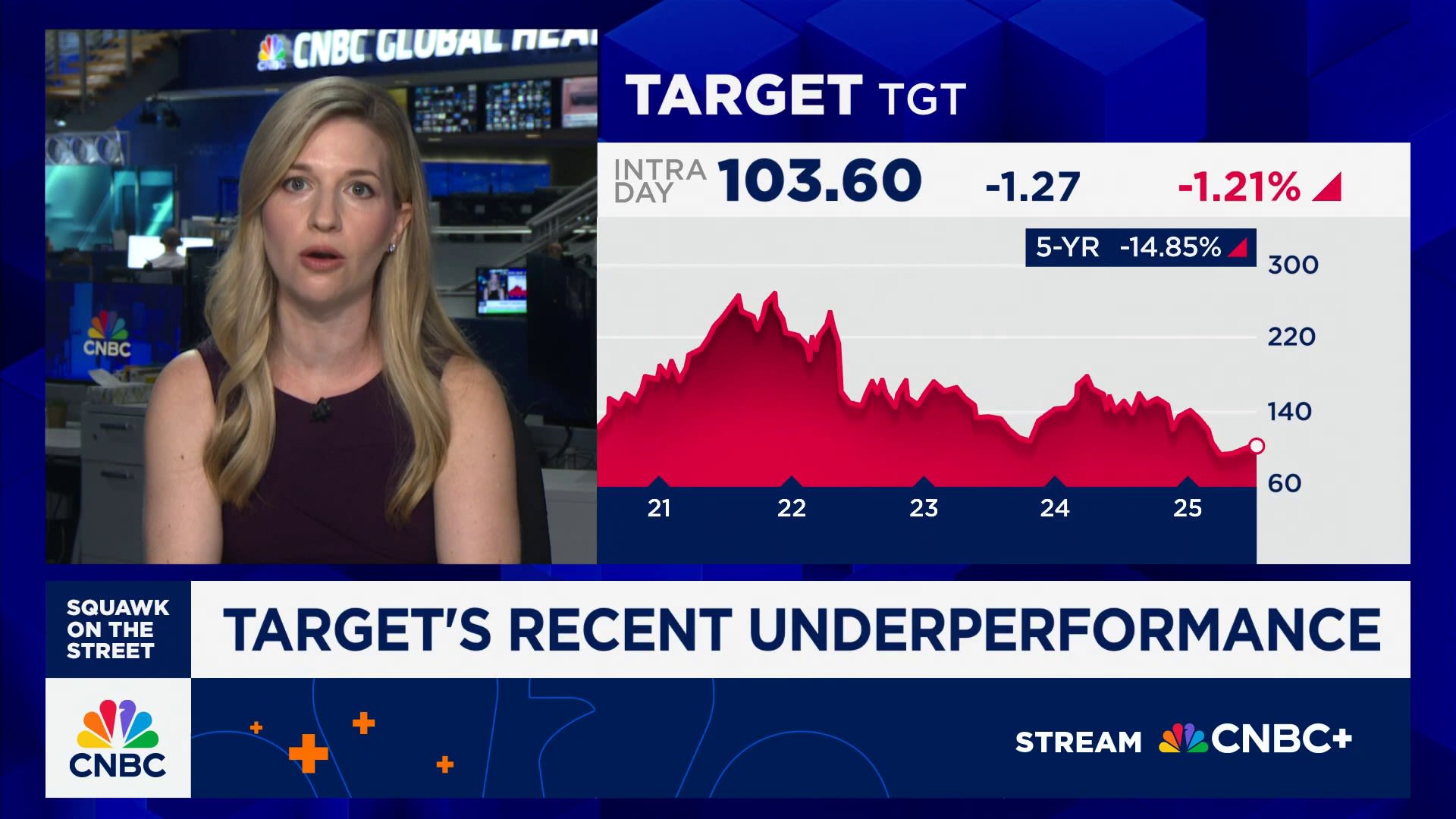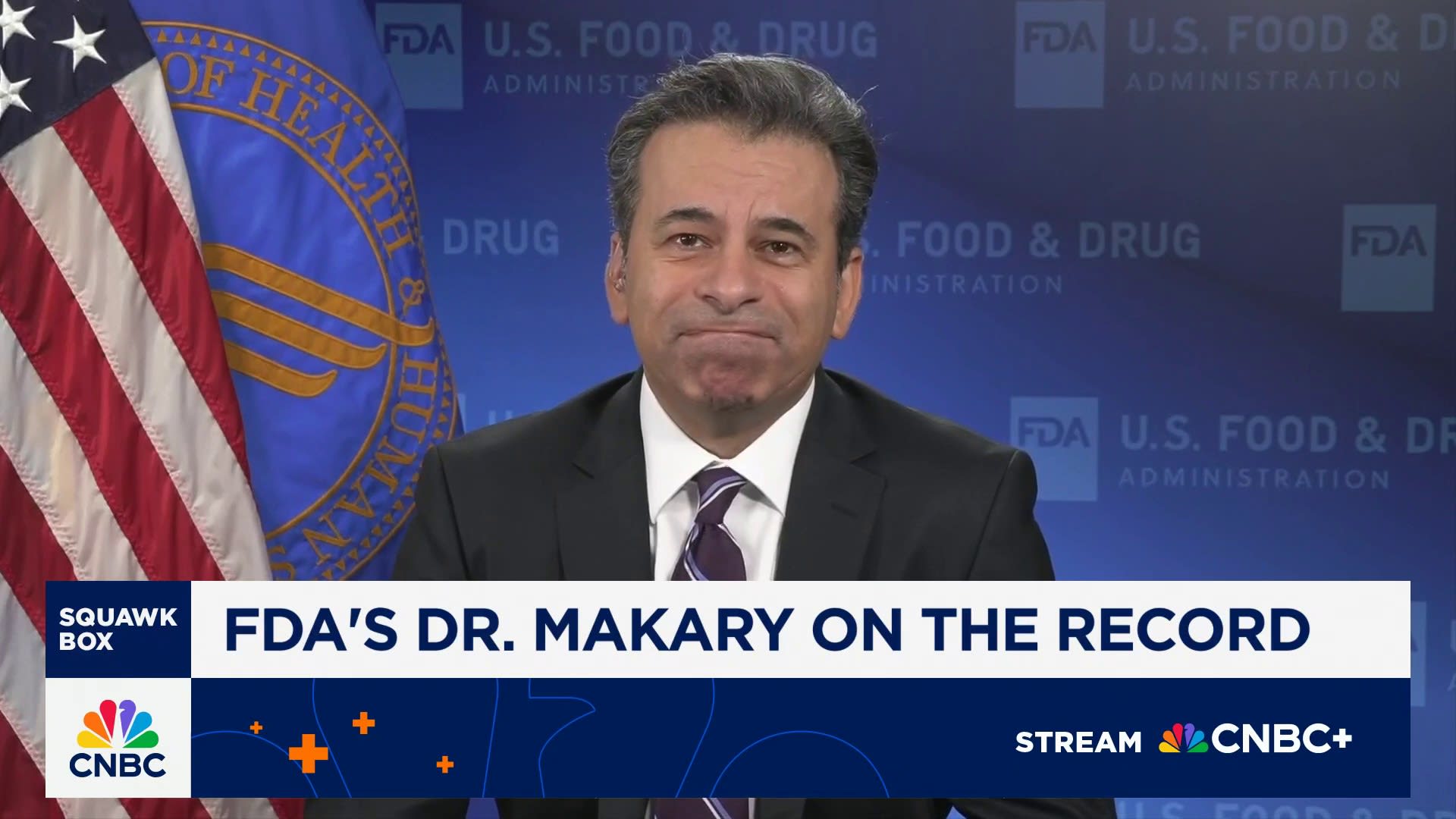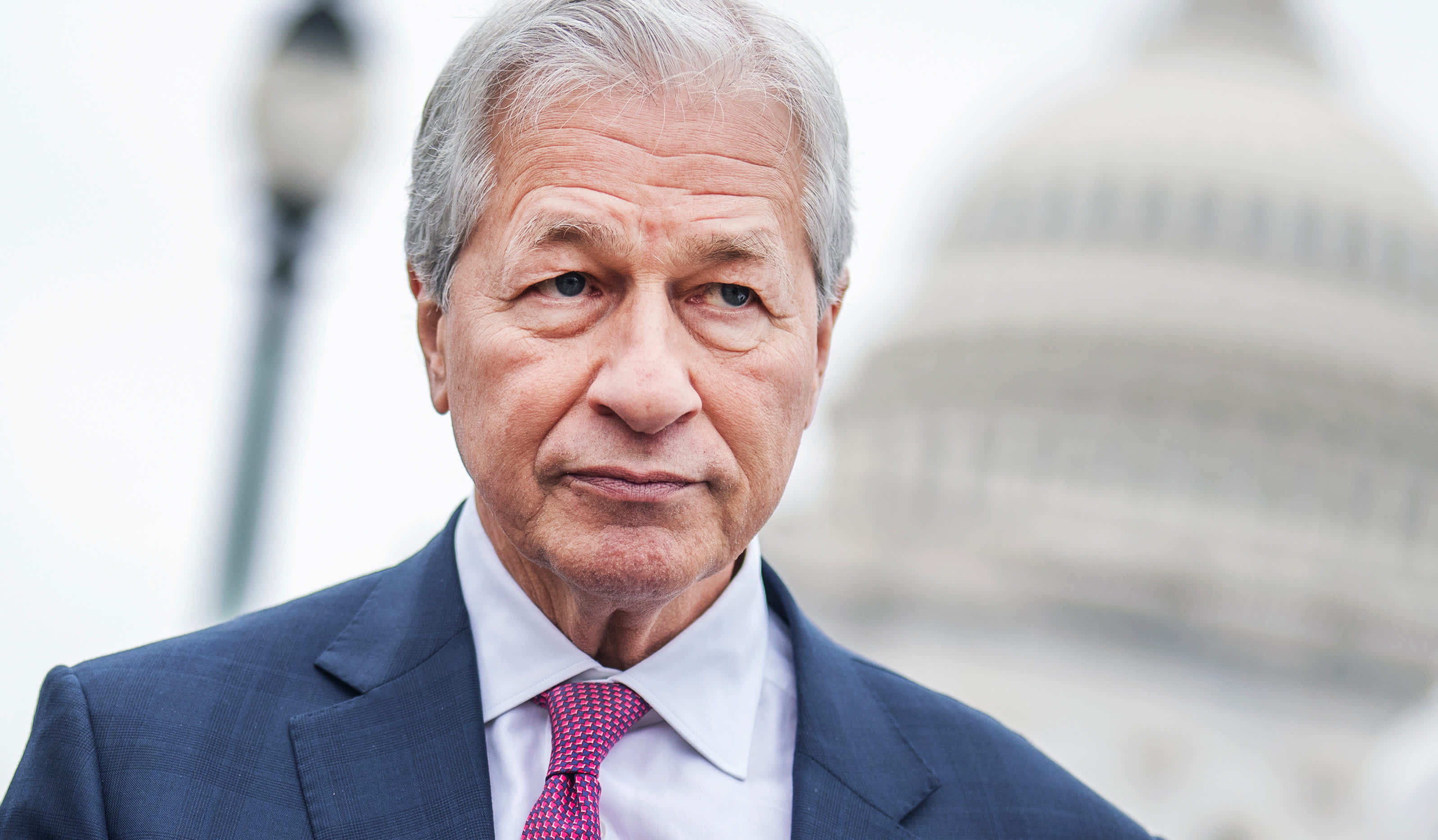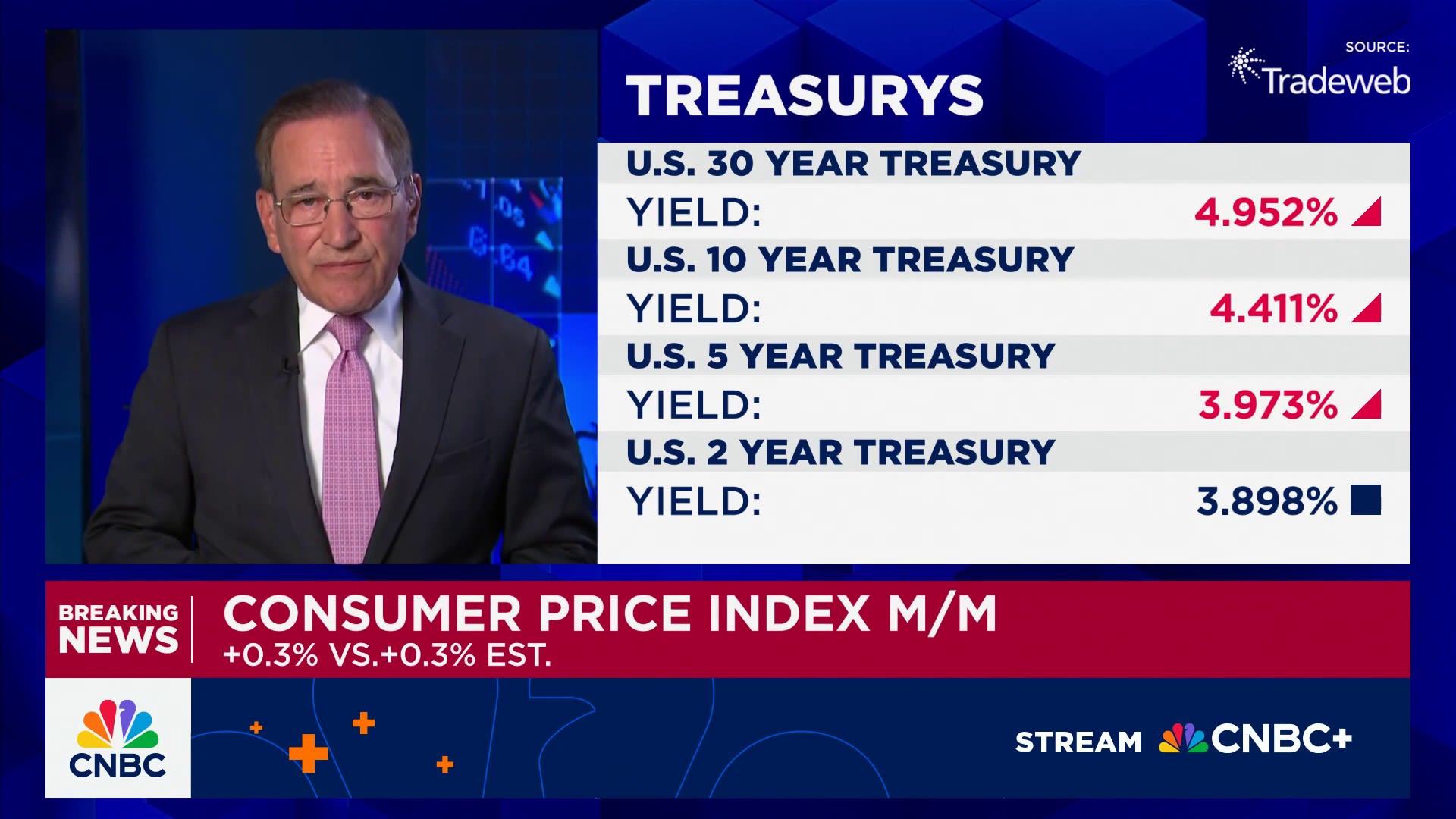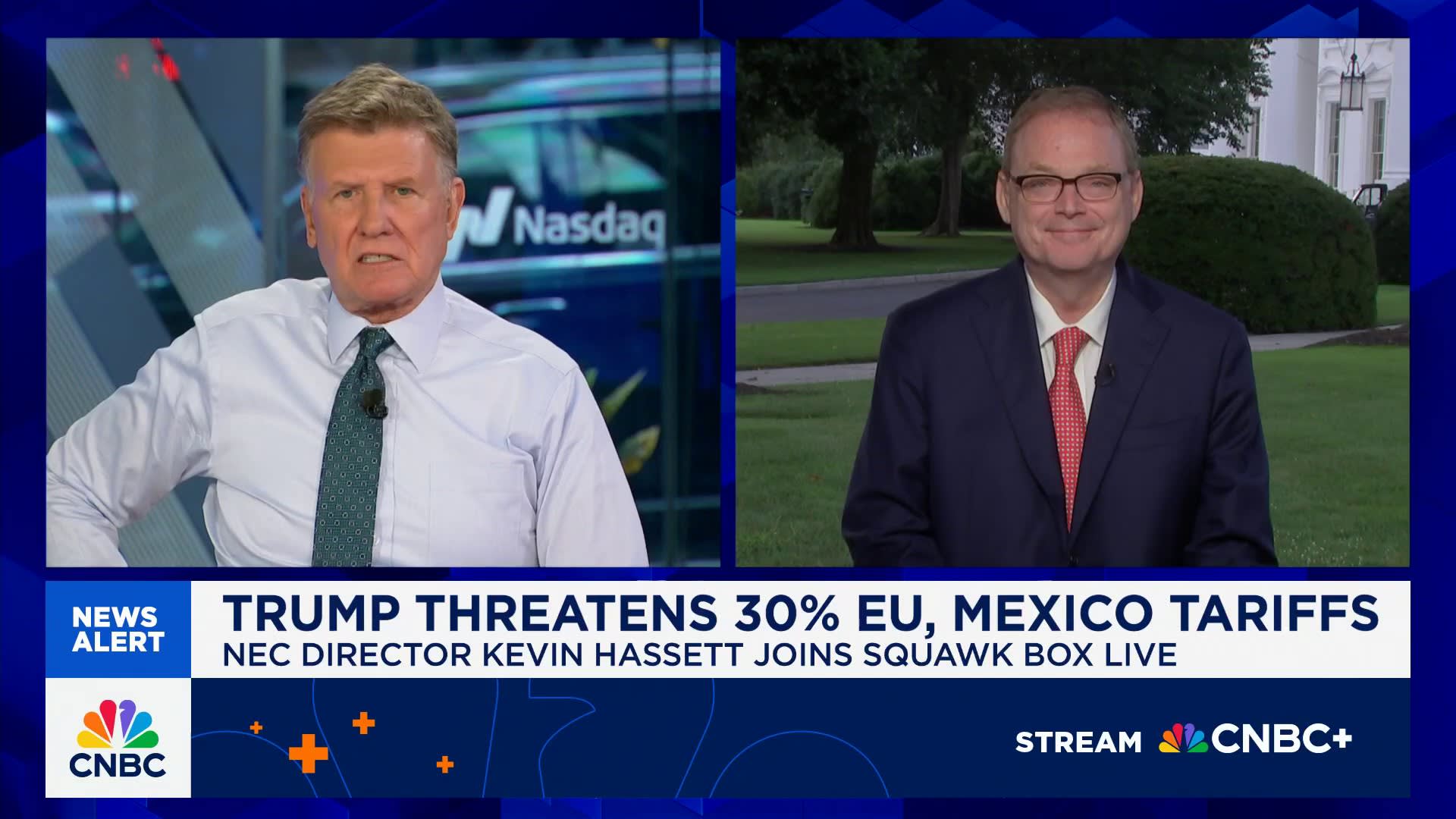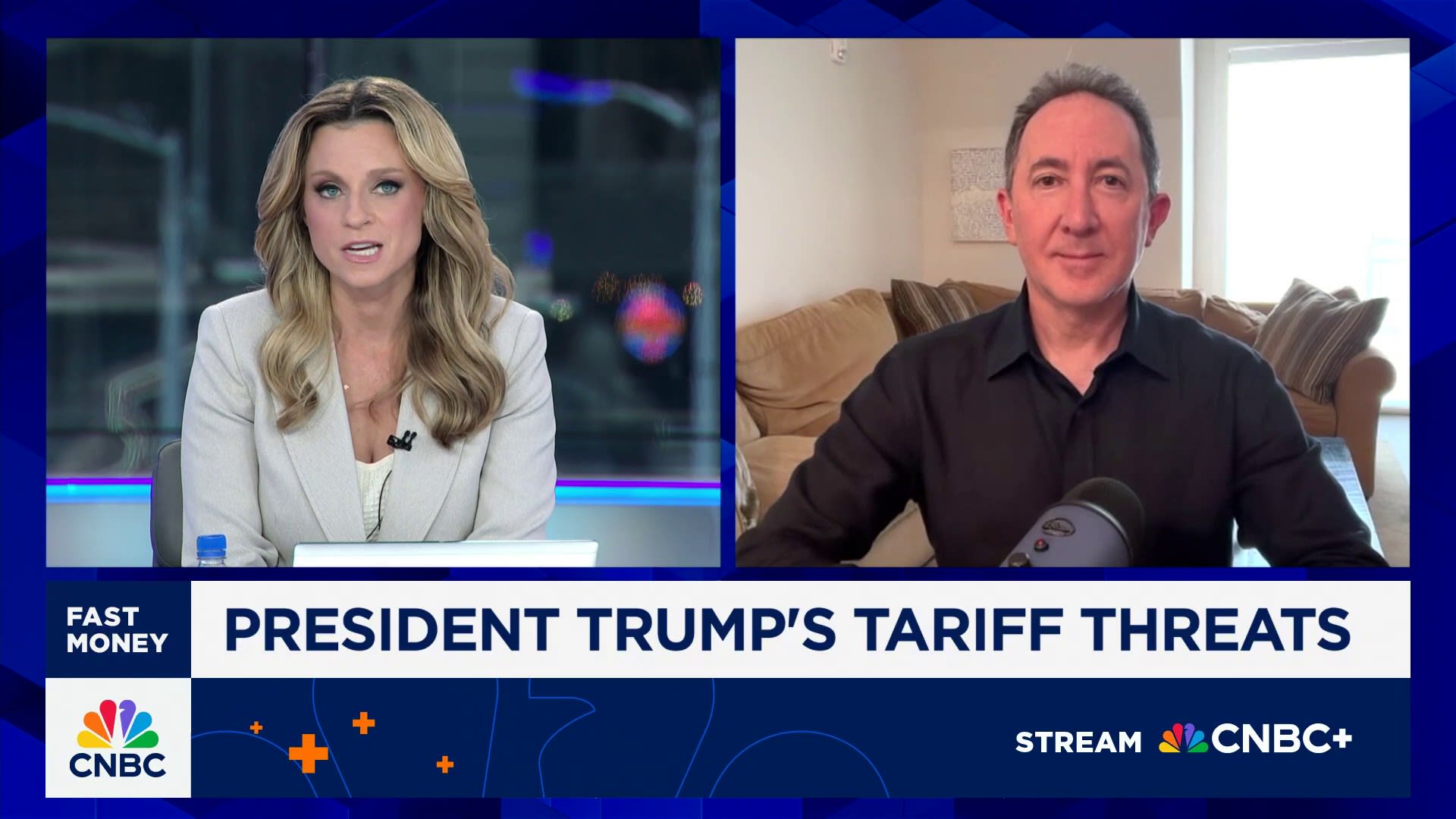A customer shops for produce at an H-E-B grocery store in Austin, Texas, on Feb. 12, 2025.
Brandon Bell | Getty Images
Shoppers will likely pay more for coffee, bananas, vanilla and toilet paper over the coming weeks as the Trump administration’s new tariffs go into effect.
The U.S. plans to hike tariff rates on goods imported from more than 180 countries and territories in the hopes of bringing jobs back stateside. However, some “critical” ingredients and materials found in food, drinks and goods used daily by U.S. consumers are not available domestically, according to the Consumer Brands Association, an industry trade group that represents Coca-Cola, Procter & Gamble, Target and other consumer giants.
“However well intended, the success of the President’s America First Trade Policy, must recognize the U.S. companies that are already doing it the right way but depend on imports for specific ingredients and inputs that cannot be sourced domestically,” Tom Madrecki, vice president of supply chain resiliency for the CBA, said in a statement. “Reciprocal tariffs that do not reflect ingredient and input availability concerns will inevitably raise costs, limit consumer access to affordable products and unintentionally harm iconic American manufacturers.”
On CNBC’s “Squawk Box” on Thursday morning, Commerce Secretary Howard Lutnick brushed off the idea that countries could win exemptions for specific goods. But the CBA is seeking exemptions for key ingredients and materials slapped with tariffs to keep prices down for its members and their customers.
For one, the U.S. climate limits the production of some staples of the U.S. diet, such as coffee, cocoa and tropical fruits, according to the CBA. The U.S. was the top global importer of bananas in 2023, based on Observatory of Economic Complexity data. Nearly 40% of those bananas came from Guatemala, which will face a 10% tariff on goods exported to the U.S.
Trader Joe’s has long bragged about not raising the price of its bananas, as seen in this photo from 2014.
Rj Sangosti | Denver Post | Getty Images
Spices will also become pricier for home cooks and bakers because of climate limitations, the CBA said. For example, Madagascar accounts for more than three-quarters of U.S. imports of vanilla, which is already the second-most expensive spice in the world. Exports from Madagascar will be subject to tariffs of 47%.
Shares of spice purveyor McCormick were down less than 1% in afternoon trading on Thursday. The company plans to offset tariffs through “some very targeted price adjustments” and a broader cost-savings program, McCormick executives said in late March.
In other cases, decadeslong shifts in the U.S. agricultural system mean domestic supply will not be able to meet demand easily.
For example, more than 90% of oats milled for food in the U.S. come from Canada to be turned into cereal, the CBA said. But U.S. oat acreage peaked more than a century ago and has been declining in the decades since then, according to the U.S. Department of Agriculture. The domestic food system can no longer grow, store or transport U.S. oats at the scale necessary to meet demand, the CBA said.
Shoppers will likely also find themselves paying more for inedible household staples. Toilet paper, diapers, lotions and shampoo could become more expensive as manufacturers pass on the increased costs for wood pulp, bamboo fibers, shea butter and palm oil, according to the CBA. For example, the U.S. imports most of its palm oil supply from Indonesia, which now faces a 32% duty.
Markets plunged on Thursday in response to the tariff announcement. However, stocks in the consumer staples sector, which includes many of the CBA’s members, rose in afternoon trading as investors ditched riskier bets for the relative safety of household necessities.
Shares of Procter & Gamble climbed more than 1%, while Coke’s stock was up 2%. General Mills’ shares ticked up 3%.
